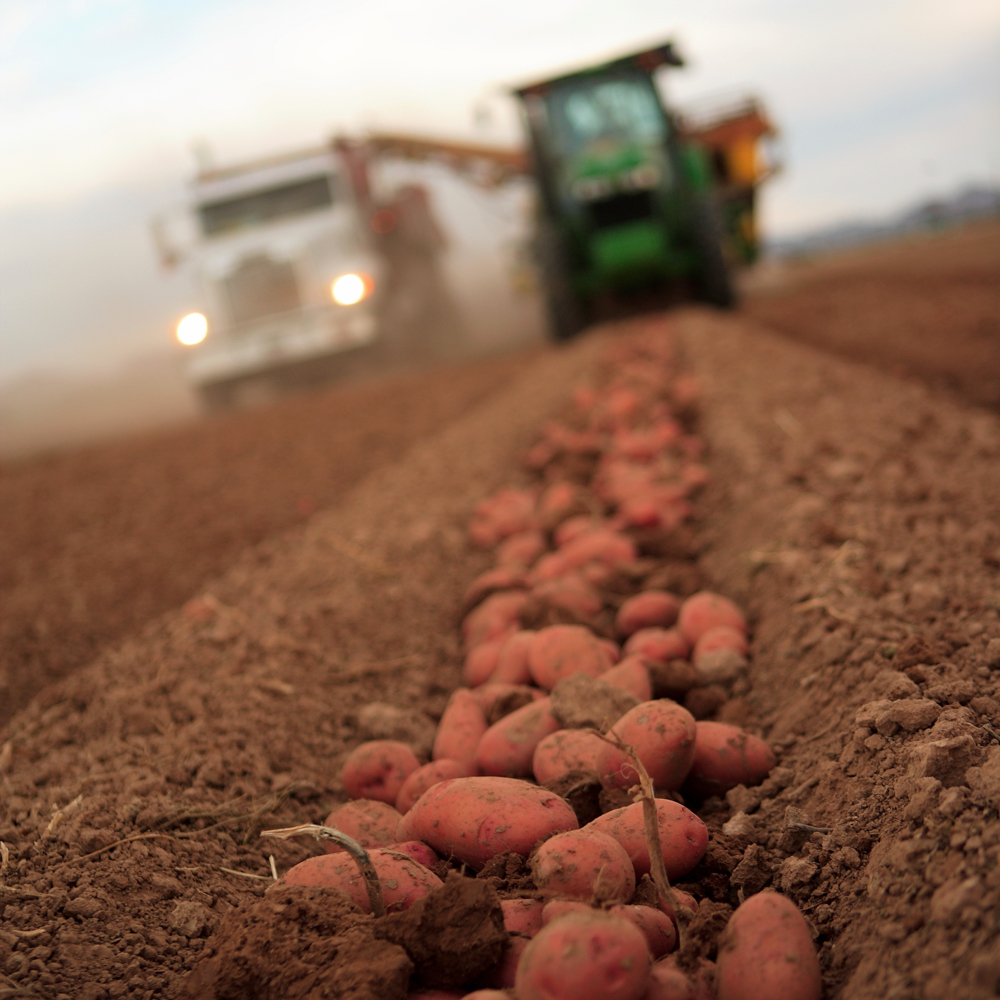The provincial government is proposing a major revamping of the business model for potatoes and root crops.
In a press release issued Mar. 3, Agriculture Minister Derek Johnson said legislation is being introduced to “… help expand the provincial table potato and root crop industry.”
“Our province’s farmers provide nutritious, local food to Manitobans, though for years they have not had the freedom to grow and sell their table potatoes and root crops in the province,” said Johnson.
Read Also

AAFC organic research program cut
Canada’s organic sector says the loss of a federal organic research program at Swift Current, Sask., will set the industry back.
The proposed legislation would allow growers to produce as many table potatoes and root crops as they want to, and sell to whatever buyer they wish, a government media release explained.
That would be a major change to business conditions for Peak of the Market, (formerly the Manitoba Vegetable Producers’ Marketing Board), a farmer-owned marketing board which sells Manitoba-grown vegetables in Canada, the United States and occasionally overseas.
Peak (as it’s commonly called) currently operates under the Manitoba Farm Products Marketing Act, along with other provincial marketing boards for milk, eggs, chicken and turkey, which are supply-managed commodities.
Peak is quasi-supply management, controlling production for table potatoes (russets, reds and yellow-fleshed) and other root crops (carrots, onions, parsnips and rutabagas). Farmers require quota from the board to grow these crops. The minimum required quota for potatoes is 6,000 bags.
Until recently, small growers with four acres or fewer were usually treated as exempt from the rule. However, the four-acre rule was eliminated in 2009.
Potatoes from regulated (quota-holding) producers are sold into two markets: a price-pooled market consisting of Manitoba, Saskatchewan and northern Ontario; and a so-called direct-pricing market outside the pool region.
Johnson also touted the move as an opportunity for Peak to “modernize its business model” and claimed regulations and other red tape had stood in the way.
Provincial regulations and production quotas have been aimed at maintaining stable pricing in the domestic market, though Johnson noted many producers have found the quotas too restrictive, preventing them from growing and selling their table potatoes and root crops to Manitoba consumers who want to purchase them.
The minister said Bill 12, the Peak of the Market reorganization act, would remove red tape for table potato and root crop producers across Manitoba and allow Peak of the Market to make a transition from a regulated agency to an independent operation under the Corporations Act, with opportunities to expand by acquiring assets or other entities.
The minister noted through this legislation, producers and Peak of the Market would be better able to grow their businesses, expand local sales and exports, and provide opportunities for new growers in Manitoba.
“This is an important development for Manitoba’s vegetable growers by contributing to the modernization of the industry. It will provide significant economic benefit to our community,” said Peter Loewen, chair, Peak of the Market in the government release.
Peak of the Market in its current form was established in the early 1970s by the Manitoba Vegetable Producers Marketing Plan regulation.
In 2009-10 the organization garnered media coverage for a dispute with smaller growers who had previously enjoyed four-acre exemptions.
A report filed to the Manitoba Co-operator at that time by reporter Ron Friesen detailed a secretive operation that provided little in the way of oversight or transparency. He showed that three large farms from the Winkler area controlled half the province’s annual potato acreage, and that there were just 13 registered red potato growers in the province.
Numerous sources interviewed for that story alleged the industry discriminated against the smaller growers.















